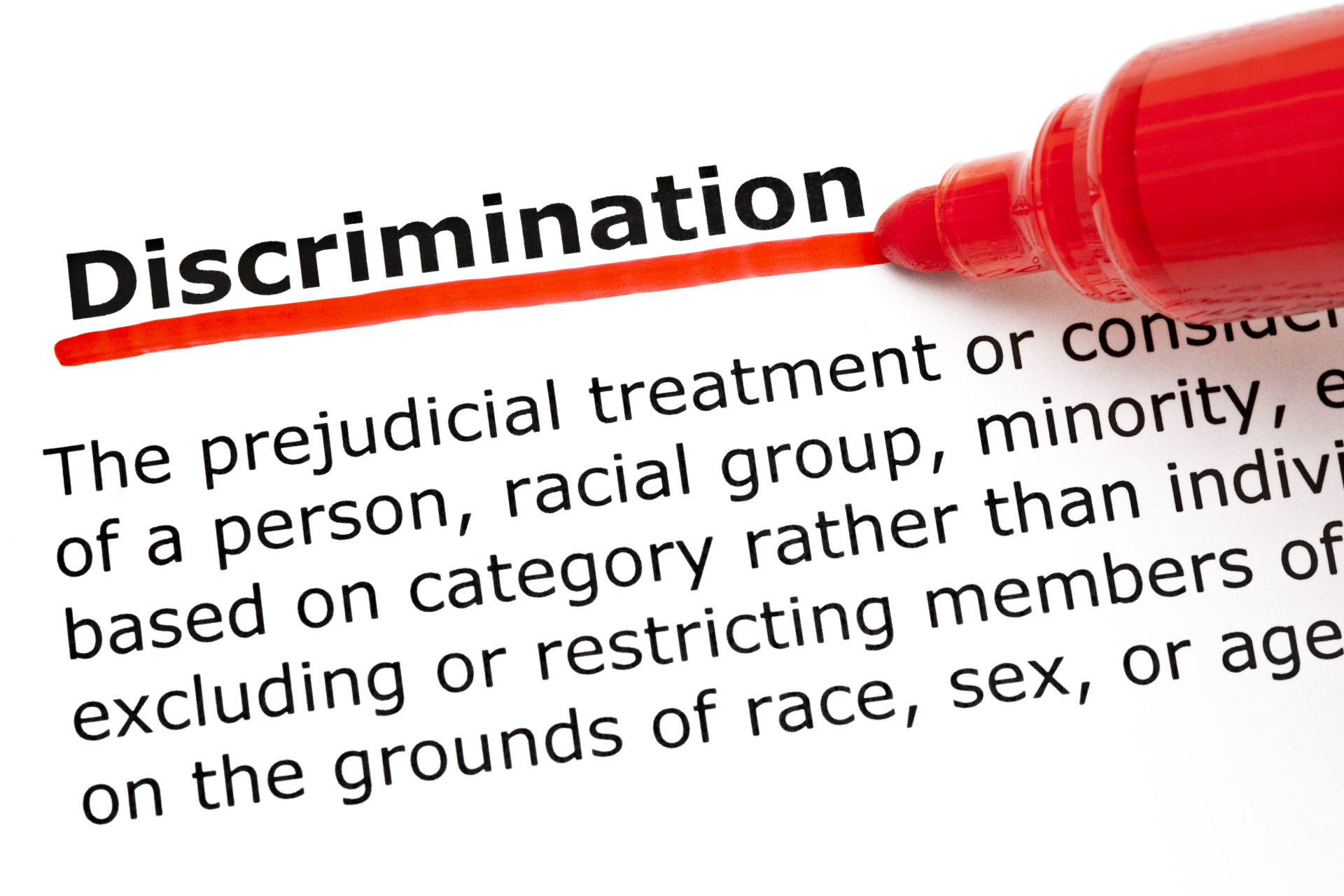Last week, anti-Muslim hate rhetoric claimed another victim when a man allegedly walked into a Pittsburg County gas station and stabbed the clerk in the back and neck, calling him a “terrorist.”
The clerk, reportedly of Bangladeshi heritage, was taken to a Tulsa hospital and is expected to recover. Sources report that he appeared to be Middle Eastern, which was apparently enough to condemn him in the eyes of his attacker. Because the assailant allegedly made statements consistent with a hate crime, state and federal authorities have been called in to investigate.
Islamophobia threatens the safety and livelihoods of American Muslims every day. It also harms those who are perceived as Middle Eastern or Muslim, including but not limited to Sikh Americans, whose turbans and other religious clothing are often confused with that of Muslims; Latino and Native Americans, whose darker skin makes them suspect; and Middle Eastern Christians, who adhere to the same Christian tenets as the majority of America but who look foreign enough to be considered a threat.
In California, a Sikh bus driver was attacked by a passenger calling him a “terrorist” and a “suicide bomber.” Vandals attacked a Fresno Sikh temple with messages referencing ISIS and the Islamic State. Arson charges were filed against a man in North Dakota who set fire to a Somali restaurant in Grand Forks. In Norman, a mile away from the Islamic Society and in a neighborhood near the University of Oklahoma, a man called 911 threatening to “go out there and just start shooting anything that looks like a Muslim.” In the crossfire of this war on the Muslim faith, collateral damage keeps piling up, making us all a little less safe.
At a time when candidates for public office use Muslims as a scapegoat for problems both foreign and domestic, Muslim-American children are facing unprecedented levels of bullying and abuse at schools. Women who choose to wear the hijab, or religious head covering, are considering removing the public marker of their faith to avoid harassment, assault, or worse. Now it seems that even looking like you might be a Muslim is enough to subject you to violent assault at the hands of a stranger.
We have a duty to our communities, to our families, and to ourselves to be better than this. When irresponsible anti-Muslim rhetoric pops up in our Facebook feeds, from our leaders, among our peers, even at our dinner tables, we have a responsibility to push back against language that puts people’s lives at risk. And we owe it to ourselves to be educated on the reality of Muslim Americans’ lives and to be informed on where the real threats to American safety are really coming from.
Today our society is faced with the challenges of increasing amounts of hate rhetoric, bigotry, racism, and other forms of division. We must remember that Islamophobia stops with each and every one of us. Individually, we have the ability and the duty to stand up for the rights and at times lives of our fellow citizens regardless of what faith they choose to follow.
Veronica Laizure is civil rights director for the Oklahoma chapter of the Council on American-Islamic Relations.

